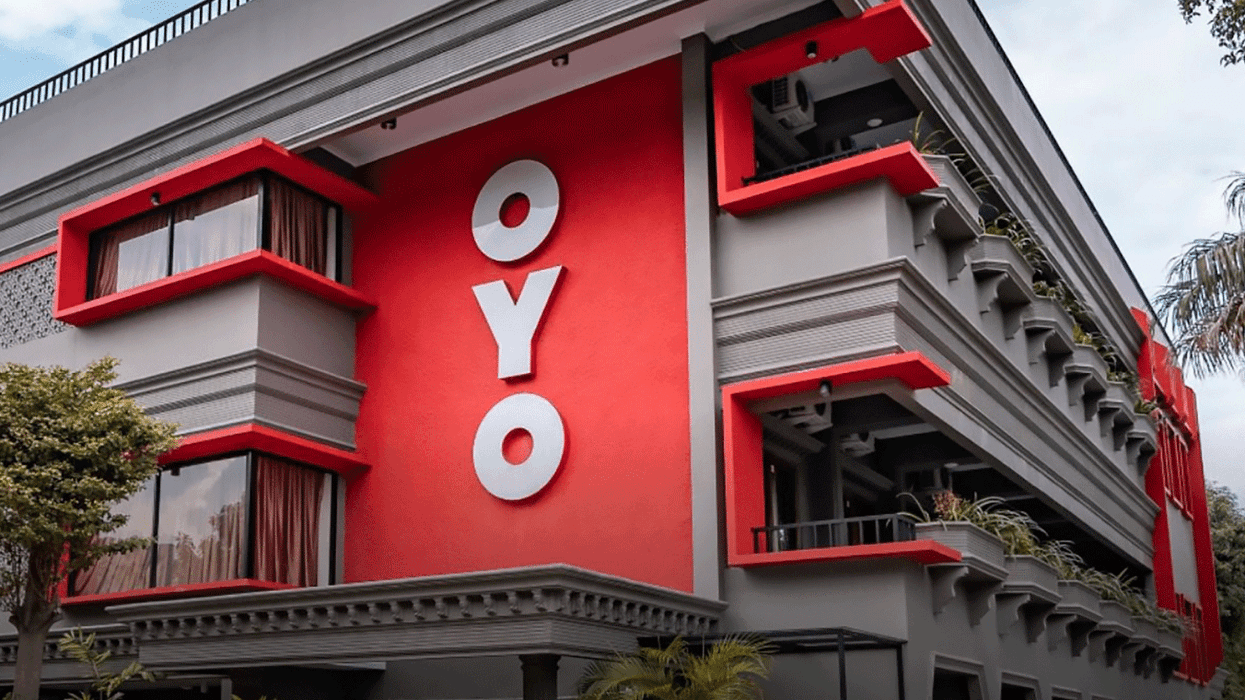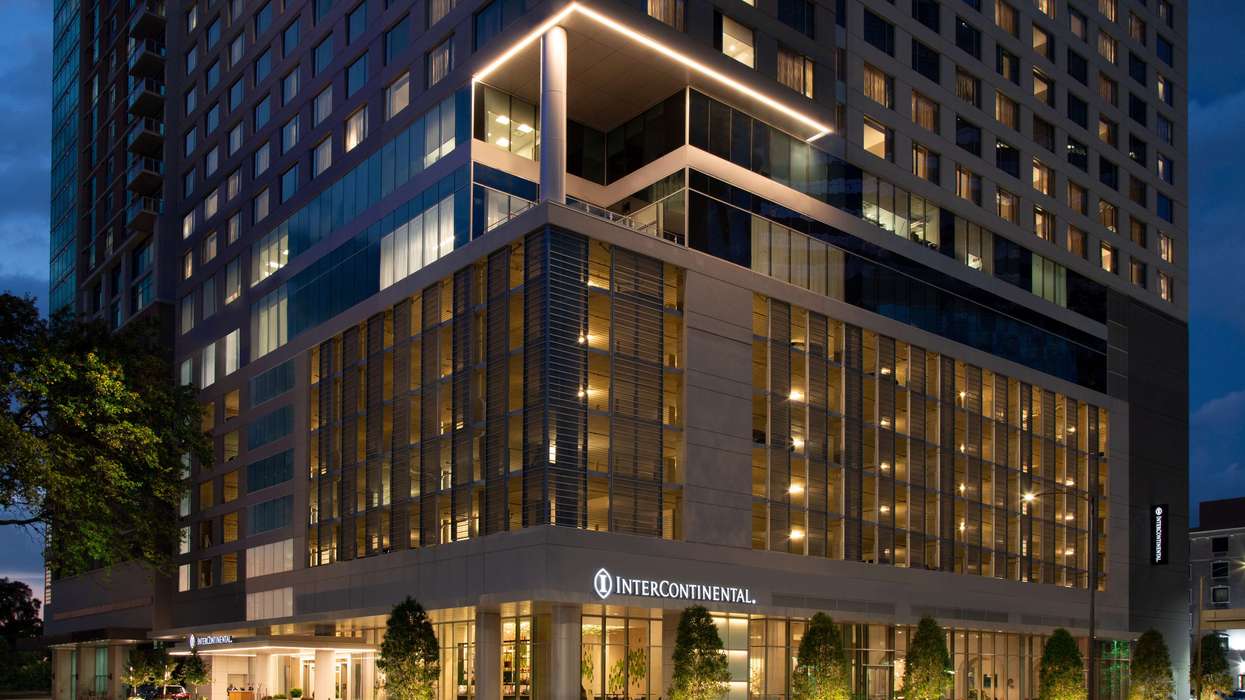INDIGENOUS TOURISM IS expected to generate $67 billion globally by 2034, according to the World Travel & Tourism Council. Business travel is set to exceed pre-pandemic levels this year, reaching $1.5 trillion.
Additionally, WTTC introduced “Together in Travel,” an initiative supporting small and medium enterprises in the tourism sector, during its 24th Global Summit in Perth, Australia, where industry leaders, government officials, and delegates convened to discuss several themes.
The council released its report, “Supporting Global Indigenous Tourism,” highlighting the sector's role in driving economic growth, particularly in remote regions, while preserving cultural heritage and empowering communities.
The indigenous tourism market, set to grow at a compound annual growth rate of 4.1 percent over the next decade, is providing communities with opportunities to take control of their economic futures, the WTTC noted.
“Indigenous tourism is not only about showcasing rich cultural traditions; it’s about empowering communities, creating sustainable jobs, and ensuring that indigenous people control their stories and economic futures,” said Julia Simpson, WTTC president and CEO, at the summit. “This report shows the immense potential of indigenous tourism to drive economic growth, especially in remote areas, while safeguarding cultural heritage. As demand for authentic experiences grows, it’s crucial to support Indigenous businesses with access to resources and funding.”
The report highlights indigenous tourism as a sustainable career path, citing Canada’s Indigenous Tourism Association, which enables communities to shape their futures through tourism. Countries like Australia and the U.S. also are integrating indigenous experiences into national tourism strategies to promote authentic representation.
The report further emphasized the role of indigenous tourism in preserving cultural heritage, languages, and traditional practices.
Business travel to exceed pre-pandemic levels
In a separate report, WTTC revealed that business travel is set to exceed pre-pandemic levels this year, reaching $1.5 trillion—sooner than expected. While corporate travel took a significant hit during the pandemic due to the rise of virtual meetings, the new report indicates a robust recovery.
According to WTTC’s 2024 Economic Impact Trends Report, U.S. business travel, which accounted for 30 percent of global spending in 2019, is expected to reach $472 billion this year—13.4 percent above 2019 levels. In China, the second-largest business travel market, spending is projected to grow 13.1 percent above 2019, reaching nearly $211 billion.
“After a challenging few years, business travel has rebounded faster than anticipated, demonstrating the importance of in-person meetings for global businesses,” Simpson said. “While virtual meetings played a critical role during the pandemic, today’s data shows that face-to-face interaction remains essential for business success.”
ForwardKeys, WTTC’s travel intelligence partner, reported that the global tourism industry is experiencing a resurgence, with international arrivals up 16 percent compared to 2023. The recovery is being driven largely by the Asia-Pacific region, which has seen strong growth following delayed post-pandemic reopenings.
‘Together in Travel’
WTTC’s Together in Travel initiative supports small and medium enterprises in the global travel and tourism sector by offering tools and resources for business growth and ensuring that SMEs’ voices are represented on a global scale.
“SMEs are the backbone of travel and tourism, providing services to customers, launching innovative startups, and offering local knowledge to larger partners,” Simpson said. “For the first time, these businesses can join a community to share ideas and strengthen their operations.”
WTTC forecasts that 2024 will be a record year for the sector, with global economic contributions expected to hit an all-time high of $11.1 trillion.
“The Together in Travel community represents a milestone in our mission to advocate for SMEs and drive positive change through meaningful engagement and support,” said Matthew Upchurch, WTTC vice chair of membership and Virtuoso’s chairman and CEO. “As the travel industry navigates post-pandemic challenges, initiatives like this are essential for building a more resilient, sustainable future.”
The WTTC recently reported that the U.S. remains the top travel and tourism market, contributing a record $2.36 trillion last year—nearly double that of its closest competitor, despite slow international spending recovery.
WTTC also announced Rome as the host city for next year’s 25th Summit.






